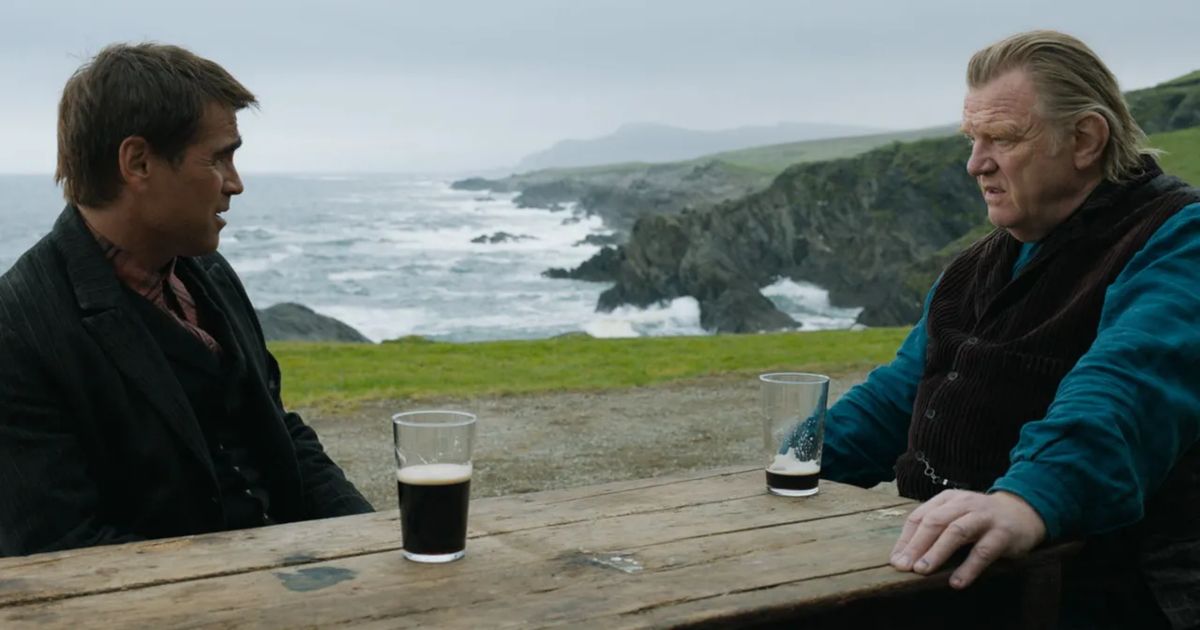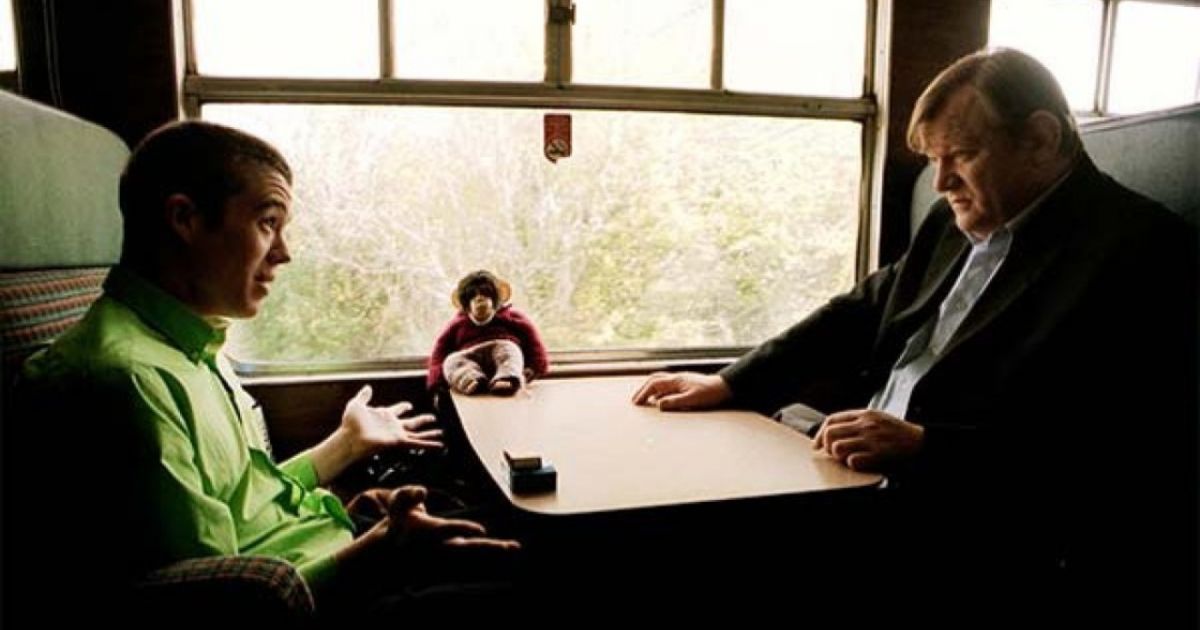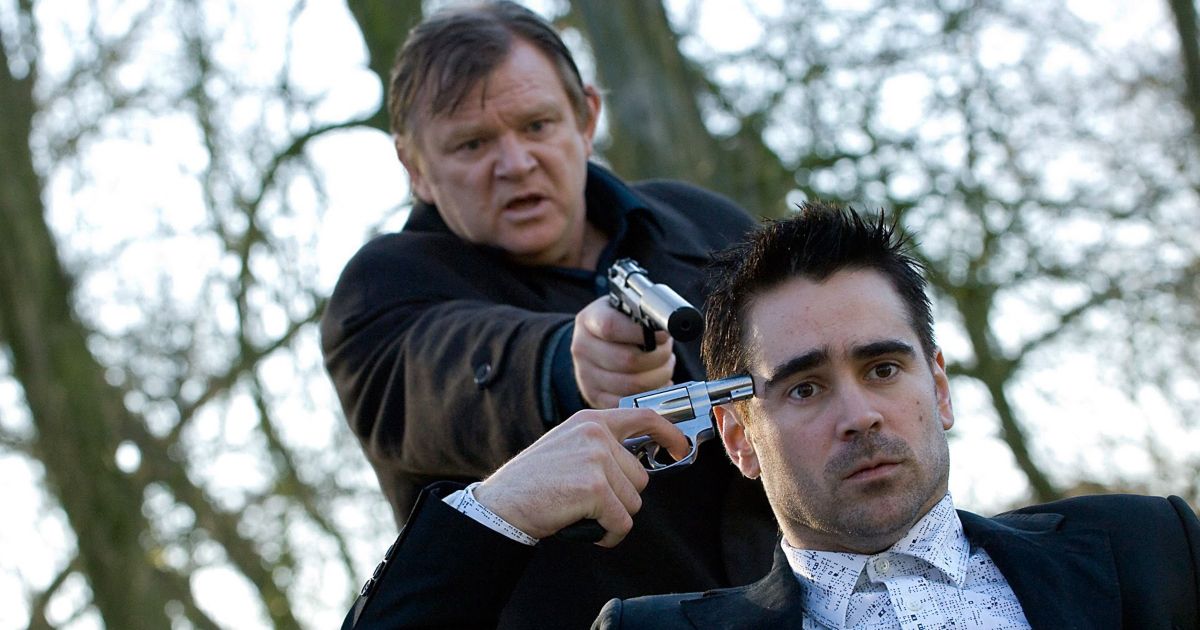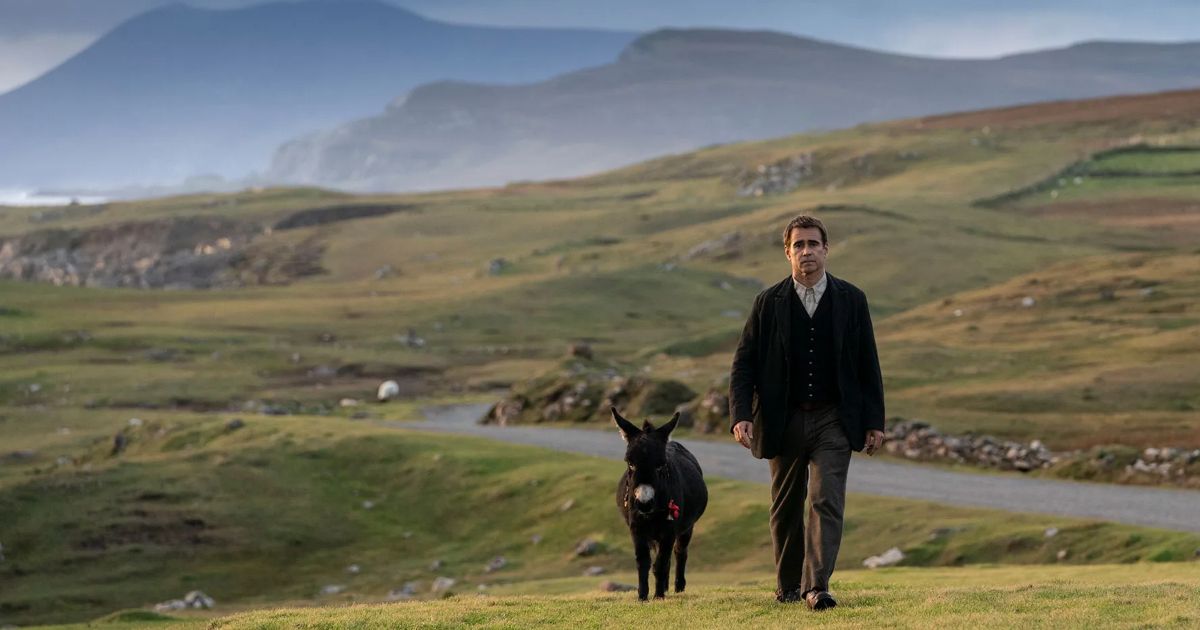Translating his scriptwriting adroitness from a playwright in London’s West End to the silver screens of Hollywood, Martin McDonagh’s flair for penning meaningful yet comical plays stood him in good stead to tackle the pressurizing demands of creating screenplays. Having made a name for himself at the Royal National Theatre, his success behind both the West End and Broadway red curtains quickly saw him combine his aptitude for writing with a directorial debut in his Oscar-winning 1996 short, Six Shooter. Since then, he has gone on to write and direct all four of his feature films, modern masterpieces that are some of the most distinctive films of our time.
Martin McDonagh: The Playwright and Screenwriter
In just four movies, McDonagh has established a distinct and unmistakable modus operandi, both stylistically and textually. Often containing razor-sharp witticisms, dark comedic elements, and a real hidden depth to his characters, his scripts are always watertight. Yet, what sets him apart from the typically algorithmic dark comedy-drama is his love and incorporation of the utterly profane. If you were to sit a bystander down and explain his films, for all their apparently offensive irreverence (whether that be punching women, verbally abusing dwarves, stealing dogs, or murdering priests in their place of worship), you’d no doubt be greeted with a look of complete disbelief that any of this was somehow funny and surprisingly emotional.
However, for McDonagh, nothing is off-limits regardless of how precious it is deemed to be, characterized by one of the opening lines in his directorial debut, Six Shooter. “I’d like to stay with you longer, Mr. Donelly, but we are awfully busy," a doctor tells a patient whose wife had just died, "two cot deaths and a woman, her son shot the poor head off her."
“Is she alive or is she dead?” the patient asks.
“Ah dead, dead, she had no head left on her like," the doctor responds, distastefully saying, "I'll leave you to it," and walking out the door.
While McDonagh’s scripts translate to being brutally flippant, the very nature of how the lines are delivered, and more specifically, how he treats illicit topics with such hilarious disdain, gifts his movies this special gravitational pull. From McDonagh's stage masterpiece The Pillowman to his films Seven Psychopaths and Three Billboards Outside Ebbing, Missouri, his works are, in their very essence, peculiarly convivial despite the drug-dealing, contract-killing, and morally repugnant subject matters. Perhaps his truly essential work, however, may be In Bruges.
In Bruges: The Cinematic Mona Lisa
2008’s In Bruges has become such a cult hit, that any visitor to the Belgian fairytale town is obliged to caption any social media post with “In Bruges.” It’s the Martin McDonagh pilgrimage; forget the medieval township in all its gothic glory, with its Venetian canal and romantic parks, Bruges is now the home of the child-killing hitman, the one-eyed “poof,” and the horse-tranquilized dwarf. A twisted version of When Harry Met Sally, it’s When Harry Killed Ken.
“I mean no disrespect, but you're a c*nt. You’re a c*nt now, and you’ve always been a c*nt. And the only thing that's going to change is that you're going to be an even bigger c*nt. Maybe have some more c*nt kids,” Ken exclaims in one of the most derogatory, highly-charged, and hilarious lines of the movie. Brendan Gleeson, Colin Farrell, and Ralph Fiennes deliver arguably some of their best work under McDonagh’s direction.
Gleeson is perfectly cast as the initially disgruntled, experienced hitman Ken, who, unlike his counterpart Ray, is awestruck by Bruges’ beauty and charm. Colin Farrell’s portrayal of the foolhardy Ray, who had killed a young boy in a hit-gone-wrong, is unashamedly funny, yet deeply vulnerable, susceptible to this almost sadistic irony that haunts him for his past misdeed. An actor known for his lingual elegance, Fiennes assumes the role of Harry, the deranged, cockney-sounding, organized crime boss motivated by his strict adherence to his self-regulated moral principles, with a murderous nasty streak.
Gleeson and Farrell form this real, natural on-screen synergy, not quite akin to a father and son, but of a caring uncle and an off-the-rails, bordering on the suicidal nephew. Carter Bulwell, the great composer for the scores in Coen brothers films, does an exceedingly brilliant job in adding melancholic riffs to the movie that help further the atmospheric presence of Bruges.
McDonagh Goes Back to Ireland With The Banshees of Inisherin
Set to premiere at the prestigious Venice Film Festival early next month, McDonagh’s new film The Banshees of Inisherin reunites the tried and tested In Bruges formula of Colin Farrell and Brendan Gleeson as the two protagonists (along with Barry Keoghan), and they appear to be playing two characters at each other's throats. Adding a motion picture to form his Arran Islands trilogy, alongside two of his plays, The Cripple of Inishmaan and The Lieutenant of Inishmore, The Banshees of Inishiren utilizes the setting of an Irish Island, albeit unlike the aforementioned ones, Inishiren is fictional.
Seemingly set against the silhouette of the Irish Civil War of 1923, the film traverses the feud between two friends, after one decides he no longer wants to be acquainted for an unspecified reason. While it is always difficult to deduce a movie's tone via a 2-minute trailer it’s almost foolproof to presume that The Banshees of Inisherin will be a prototypical McDonagh flick with all its quirks, dark comedy, and propensity for spells of barbarism. The film will find McDonagh return to Europe and his Irish roots after his recent American decade, with controversial but brilliant Three Billboards Outside Ebbing, Missouri and the misunderstood but hilarious Seven Psychopaths. McDonagh hasn't slowed down since his great Irish plays of the '90s, and it looks like he's plowing ahead.




